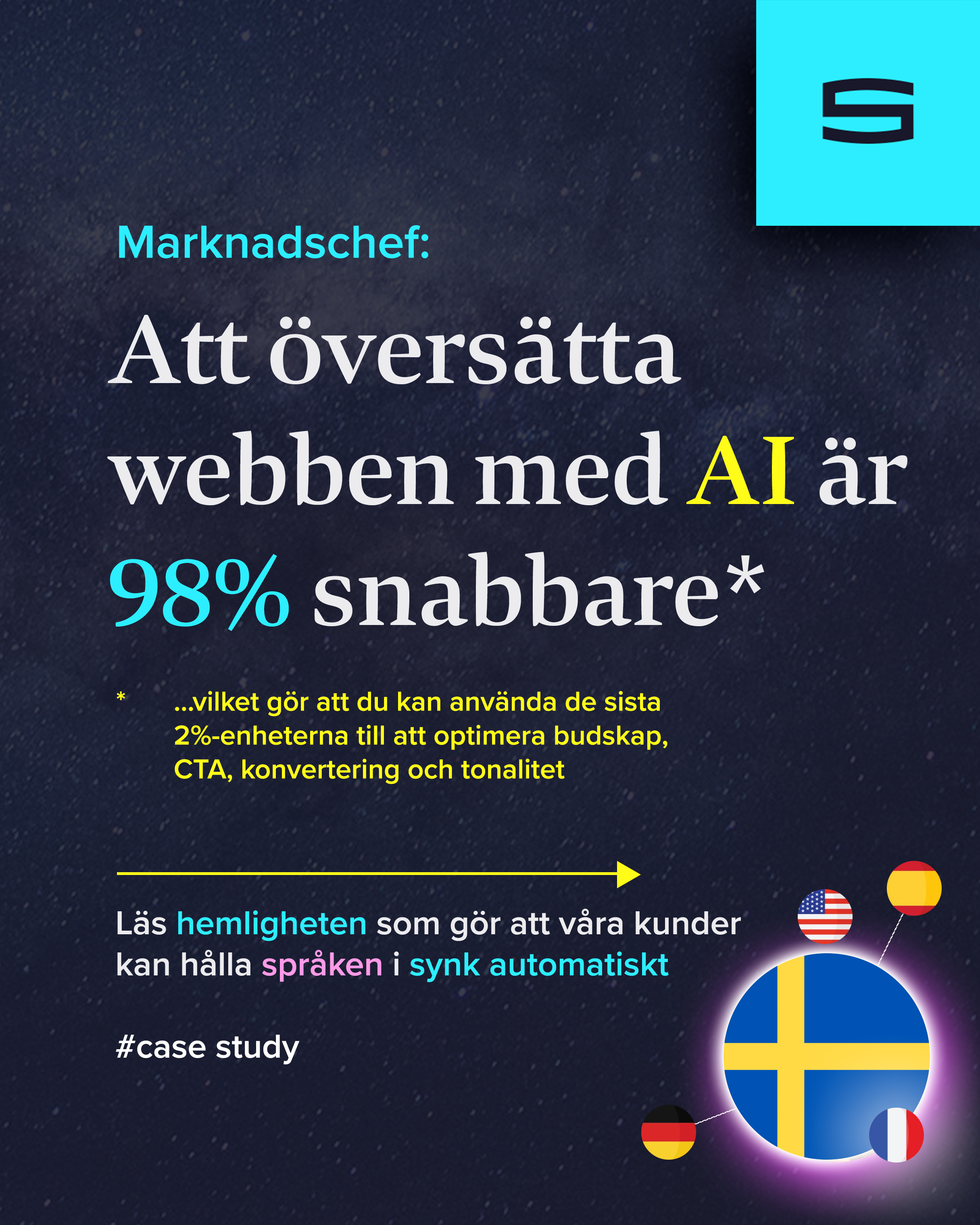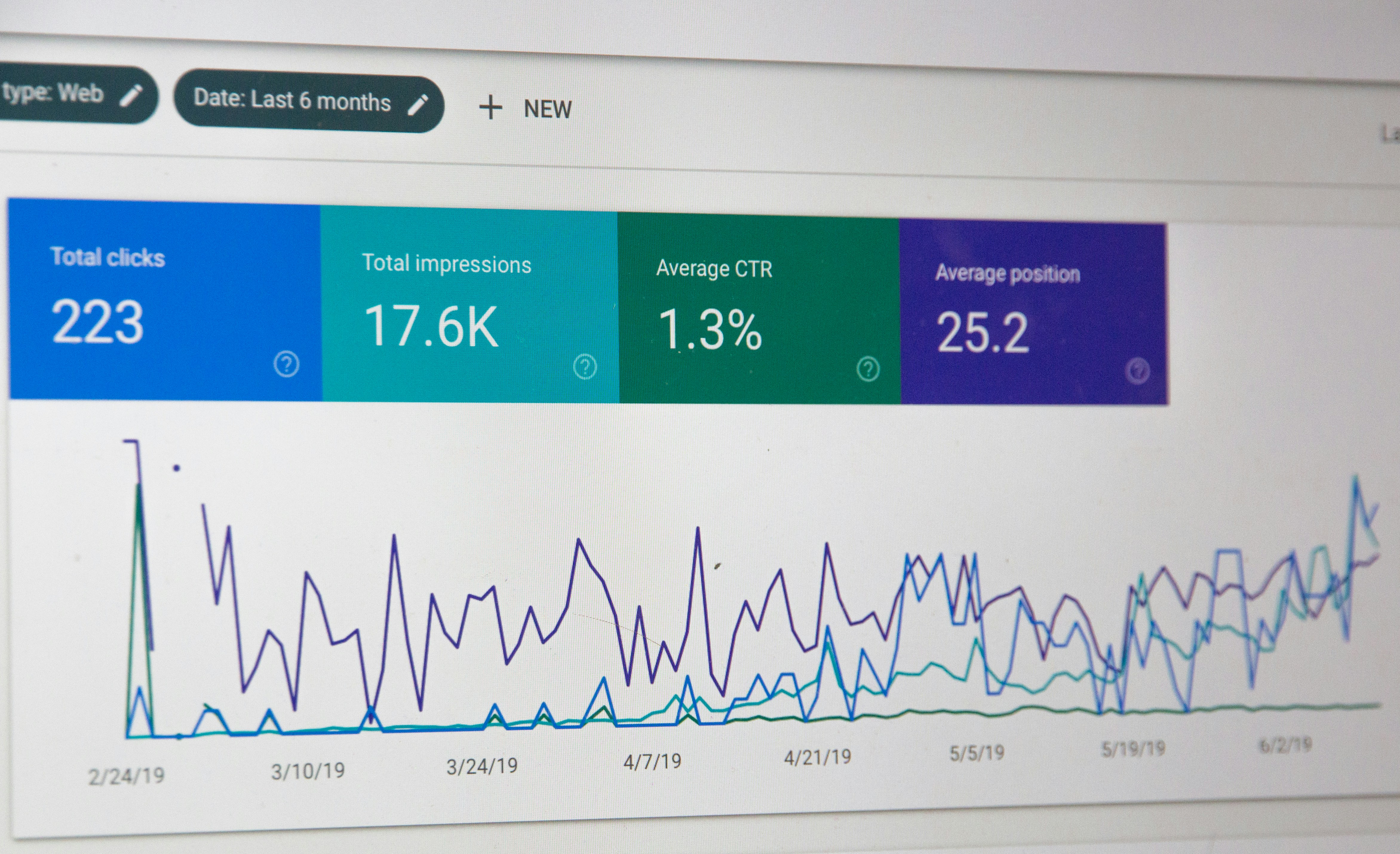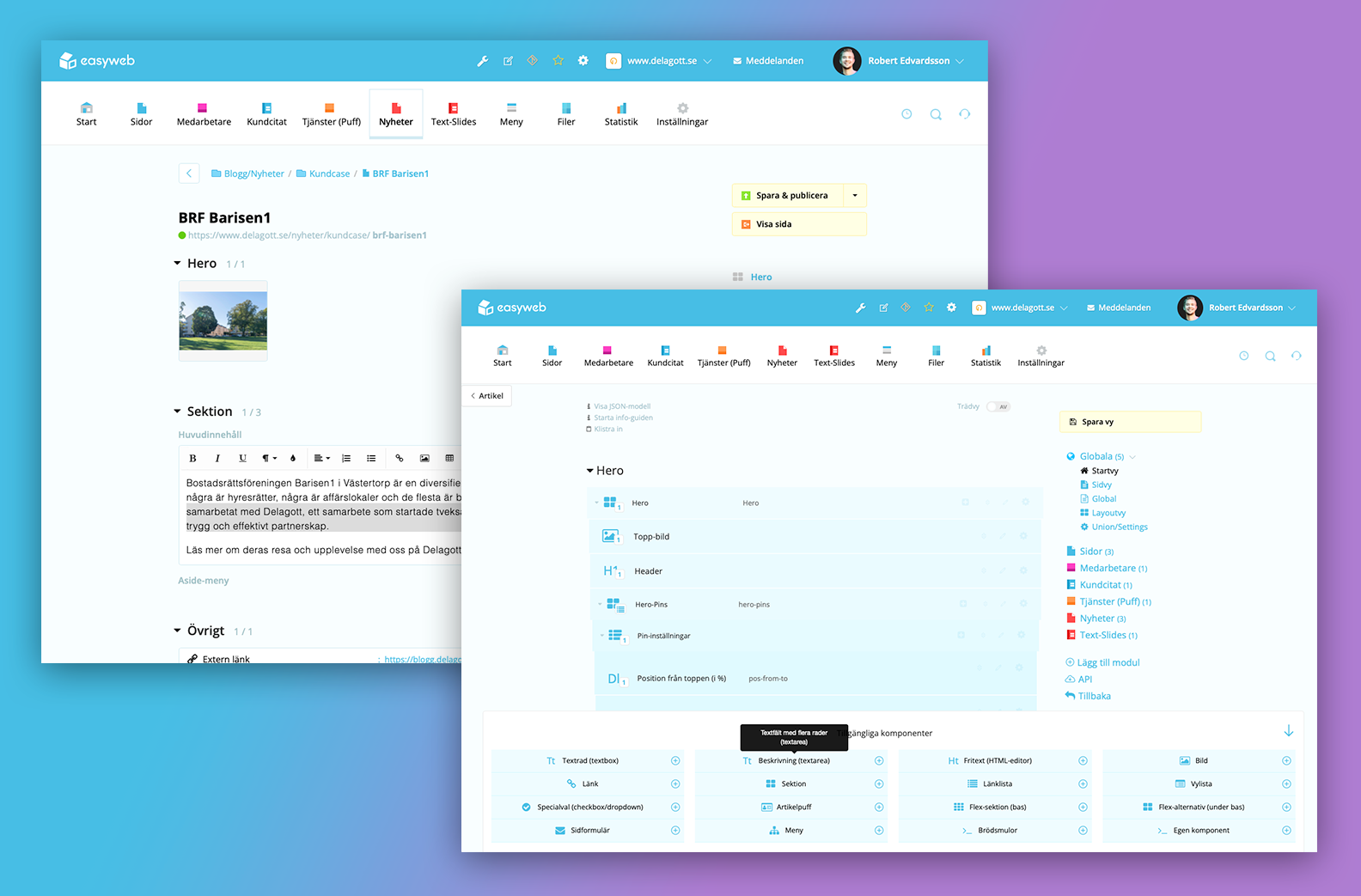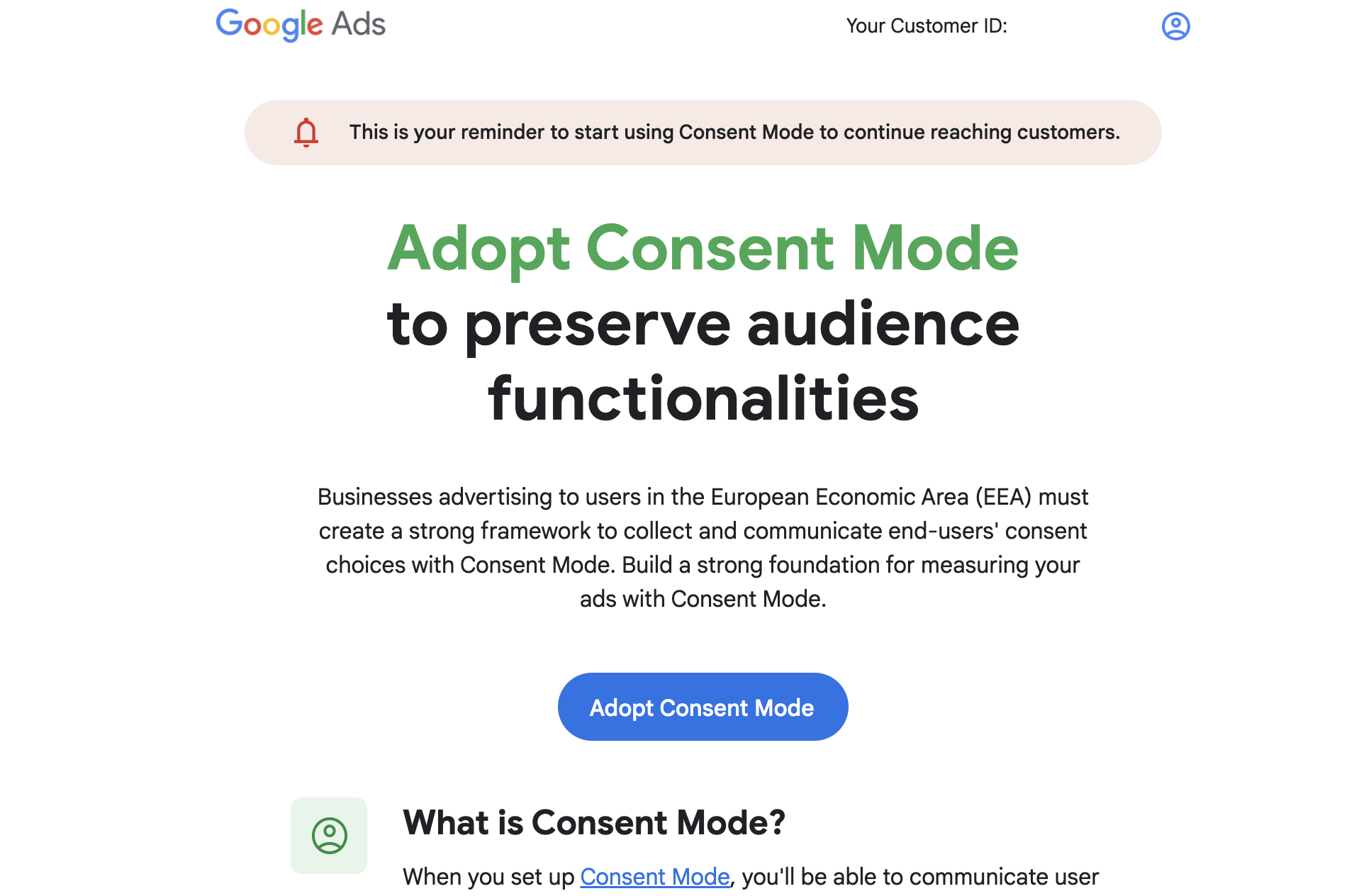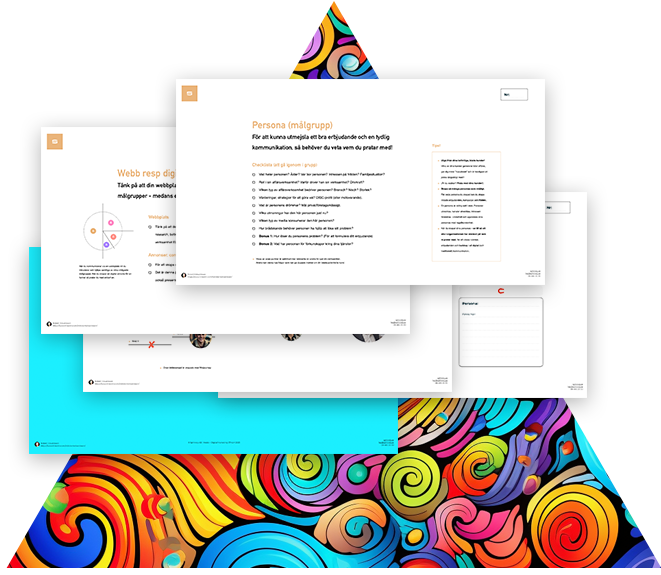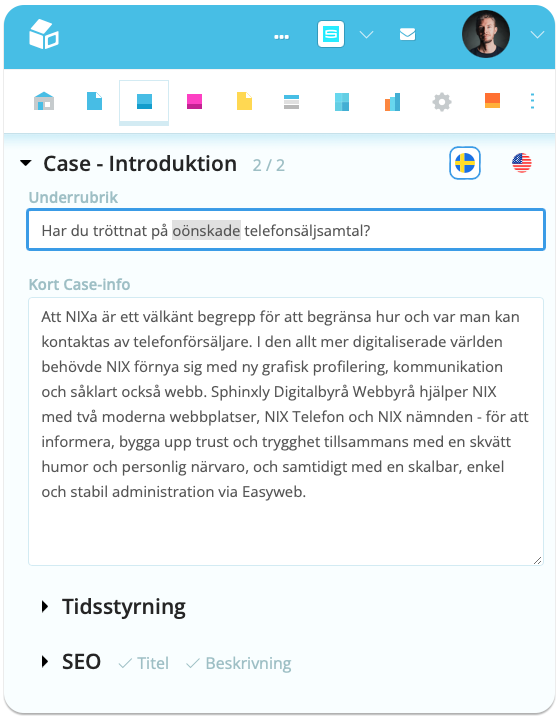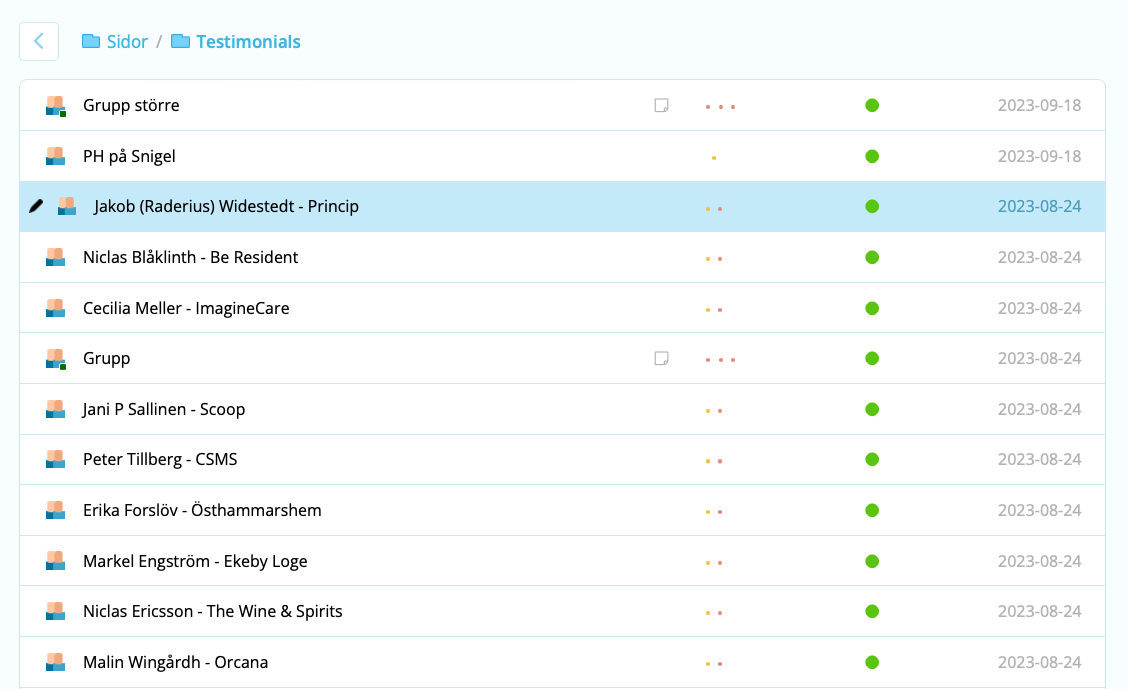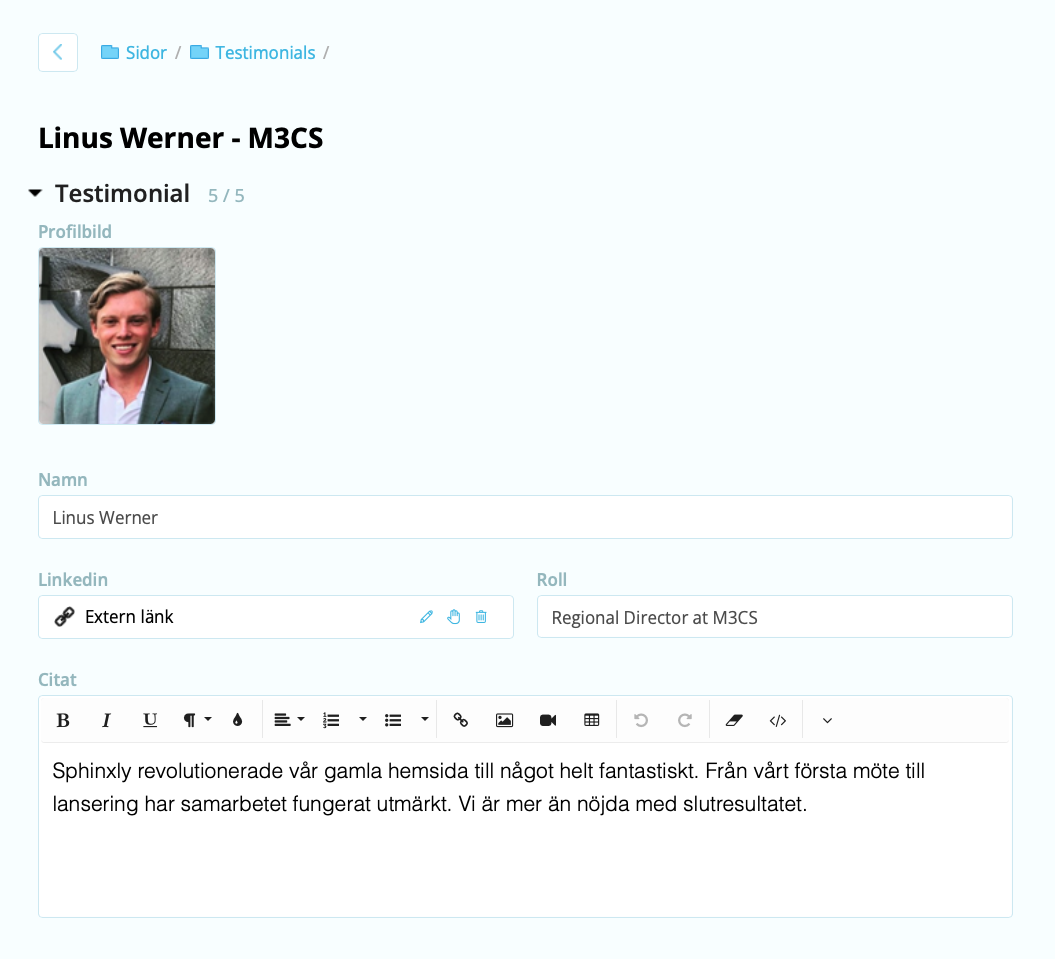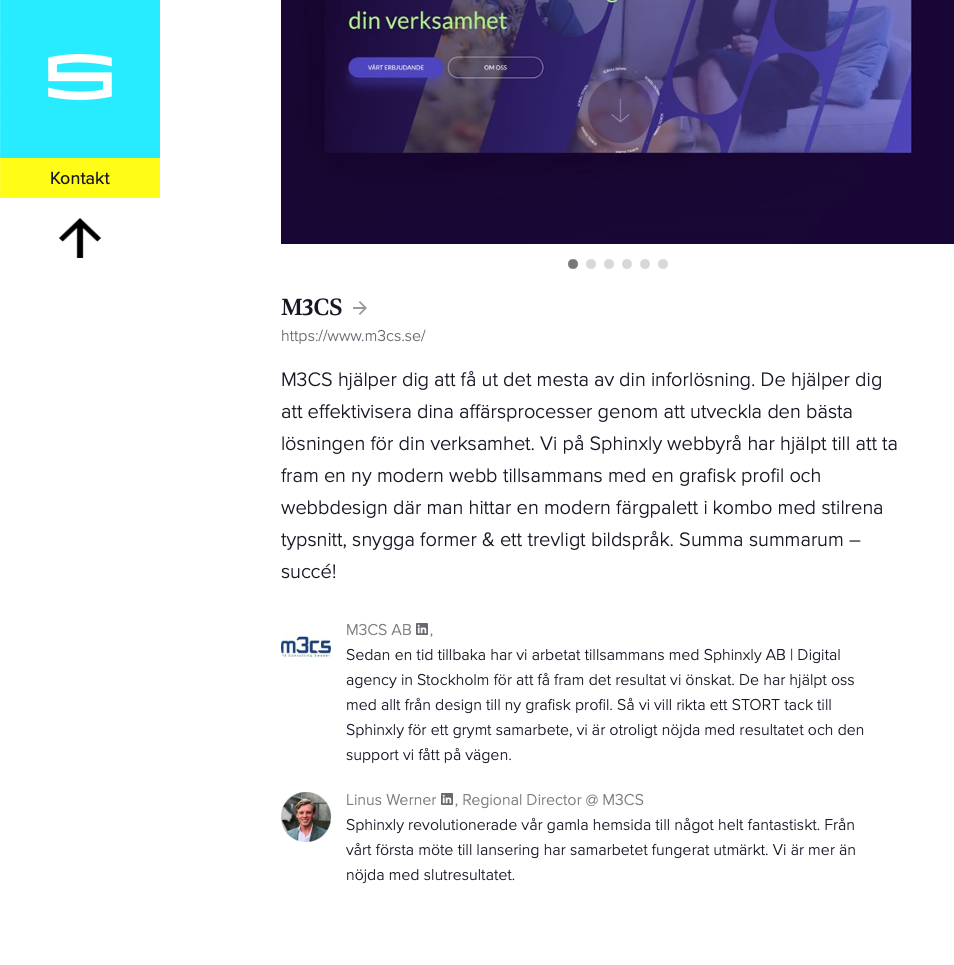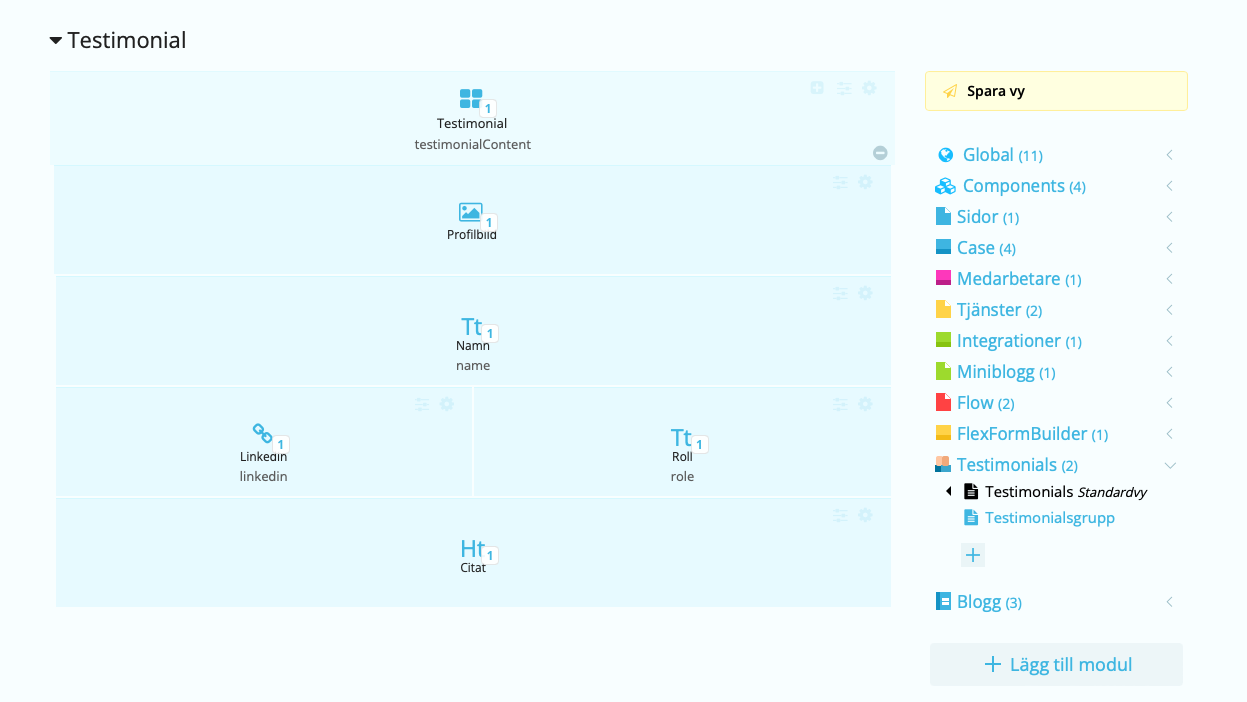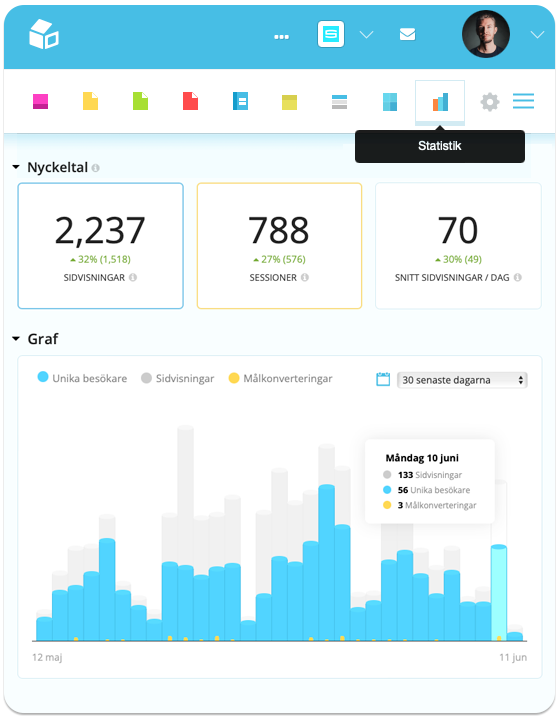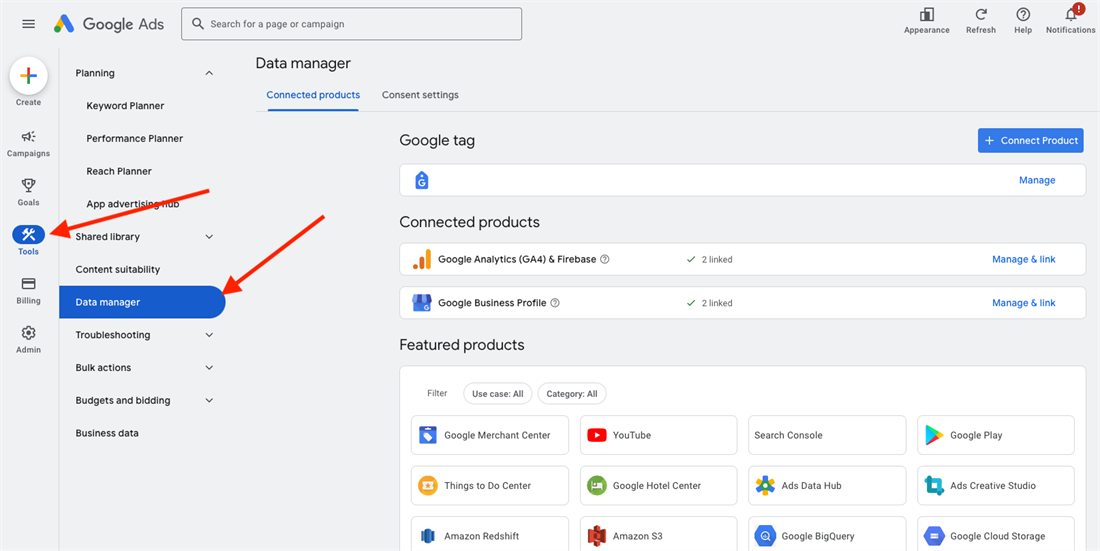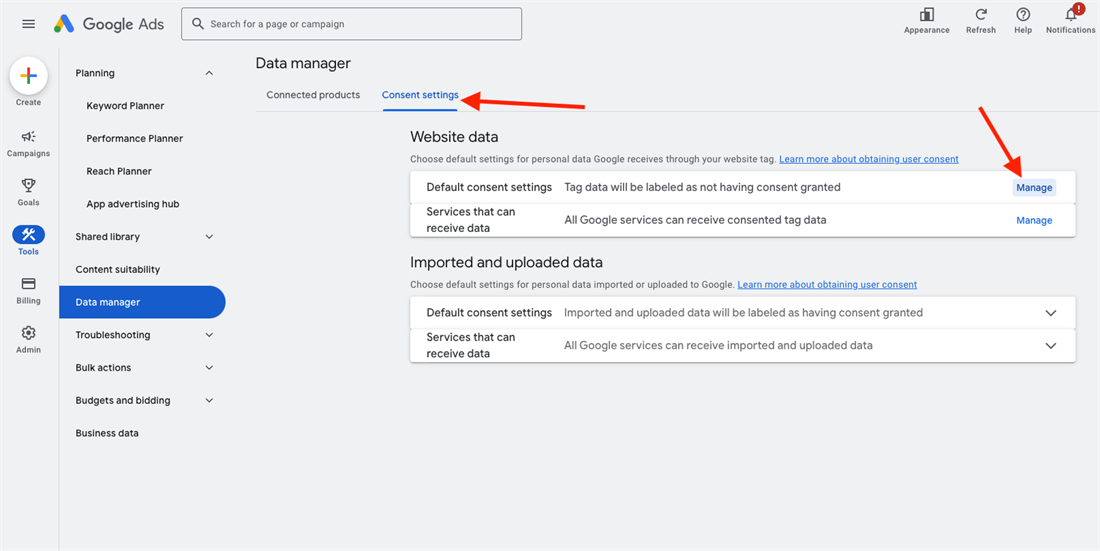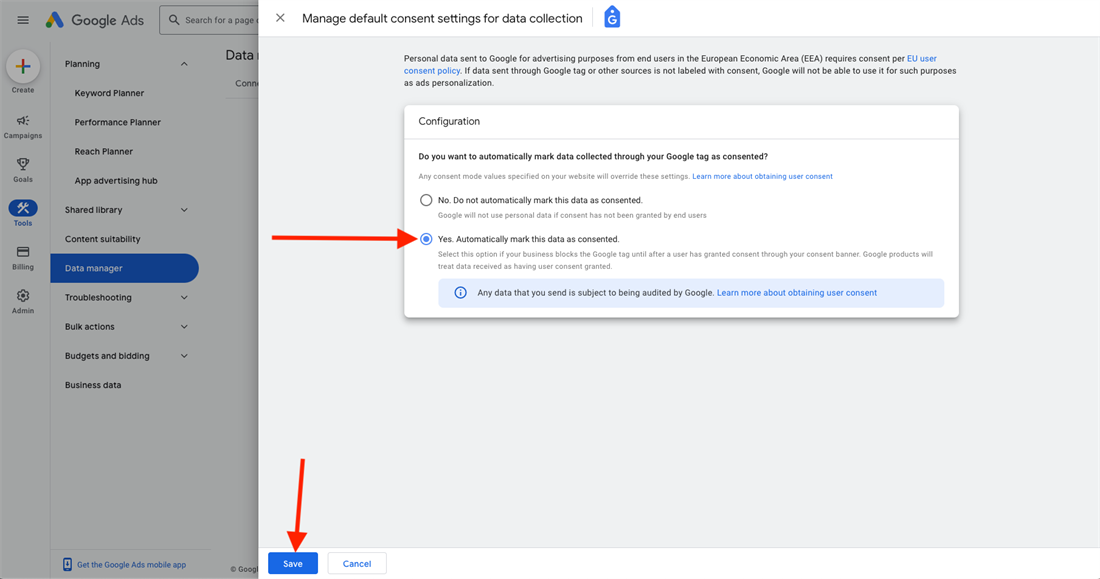[Full disclaimer: Written with ChatGPT. Still interesting ✌️🏻]. The AI Act (Artificial Intelligence Act) aims to regulate the development and use of artificial intelligence to ensure safety, transparency, and the protection of fundamental rights. It has broad application and covers many areas where AI is used. Here is an overview of how the AI Act may affect websites hosted in Sweden:
1. Websites using AI for interaction or decision-making
Chatbots and virtual assistants: If your website uses AI for customer service or chatbots to interact with users, it is affected by the AI Act. According to the law, users need to be informed that they are communicating with an AI system.
Recommendation systems: Websites using AI algorithms for recommendations, e.g., product recommendations on e-commerce platforms, may also be covered. The AI Act prescribes transparency requirements, meaning users must be informed when AI is used and how it affects them.
2. Websites collecting or analyzing data with AI
Data collection and profiling: Websites using AI to analyze user data and build profiles, e.g., for personalized advertising, may be covered. The AI Act prescribes that users should have the opportunity to understand how their data is used and gain insight into the process behind personal profiles or recommendations.
Risk assessment and filtering: If AI is used to analyze content, such as moderating comments, detecting hate speech, or filtering unwanted content, such applications may be affected by the AI Act. This type of AI use requires specific measures to ensure that the systems do not discriminate or otherwise misuse users' rights.
3. Websites in certain high-risk sectors
The AI Act categorizes certain AI applications as "high-risk." If a website conducts business or offers services involving high-risk AI usage, they are subject to specific requirements, such as:
- Healthcare information: If a website offers medical advice or diagnoses using AI.
- Education and recruitment: Websites using AI for admission tests, grading, or recruitment must comply with the high-risk requirements set forth in the AI Act.
4. Websites that are part of digital platforms
Large online platforms, such as social networks or e-commerce marketplaces, are subject to specific rules for AI systems because they impact many users and have a wide reach. If a Swedish website is part of a larger network or marketplace that applies AI for ranking, sorting, or content moderation, it must comply with the AI Act's requirements for transparency and accountability.
5. Services where AI is used to make automated decisions
- Automated decisions affecting rights: If AI systems are used on websites to make automated decisions affecting people's rights, such as credit assessment or access to services, strict rules apply to ensure transparency and the right to appeal.
Requirements for websites covered by the AI Act
Websites affected by the AI Act must follow a range of measures and requirements:
- Transparency: Users must be informed when interacting with an AI system. If a chatbot is used, it must be clear that it is an AI and not a human.
- Risk management: For high-risk AI applications, risk management systems must be in place to minimize the risks associated with AI use.
- Data quality: High-risk AI applications must use data that is of sufficient quality and non-discriminatory.
- Human oversight: High-risk systems should be designed so that humans can monitor and intervene if necessary.
Summary
The AI Act affects websites using AI in interactive tools (e.g., chatbots), user data analysis, or AI-based decision support systems. This applies to both companies providing services in high-risk areas, such as healthcare or recruitment, and e-commerce platforms or social networks using recommendation algorithms. All actors using AI systems need to ensure that they comply with the rules on transparency, accountability, and risk management to meet the AI Act's requirements.
If your website uses AI in any way, even indirectly through a third-party provider, it is important to ensure that these AI applications comply with the regulations to avoid sanctions.

